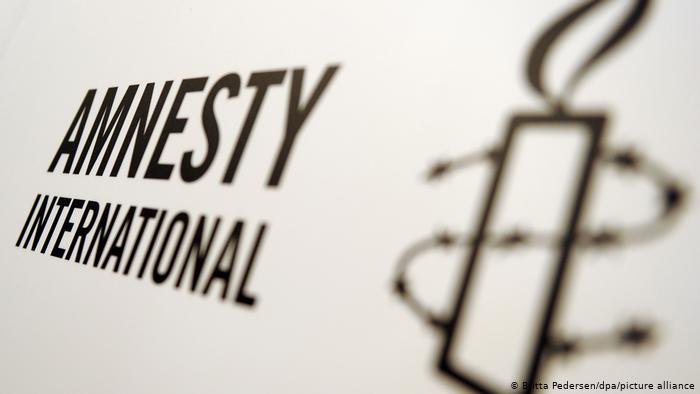
Amnesty International said on Monday that it plans to close its offices in Hong Kong by the end of this year because of the danger posed to its staff by a national security law imposed on the city by Beijing.
"This decision, made with a heavy heart, has been driven by Hong Kong's national security law, which has made it effectively impossible for human rights organizations in Hong Kong to work freely and without fear of serious reprisals from the government," Anjhula Mya Singh Bais, chair of Amnesty's board, said in a statement.
"Hong Kong has long been an ideal regional base for international civil society organizations, but the recent targeting of local human rights and trade union groups signals an intensification of the authorities' campaign to rid the city of all dissenting voices," the statement went on. "It is increasingly difficult for us to keep operating in such an unstable environment."
Under the law, which came into effect in July 2020, authorities have clamped down on dissent in the city, effectively putting an end to Hong Kong's exceptional status under the "one country, two systems" principle that was agreed when it became a Special Administrative Region (SAR) of China in 1997.
Amnesty said its Hong Kong officeaddressing human rights and campaigns in the city would close on October 31, and that its second office — tasked with research and advocacy work across east and Southeast Asia and the Pacific — would be shuttered "by the end of 2021."
Civil society under threat
The national security law, which was introduced in Hong Kong in the wake of 2019 pro-democracy protests in the former British colony, imposes harsh penalties on any person or body guilty in China's eyes of secession, subversion, collusion with foreign forces or terrorism.
More than 70 people, many of them prominent pro-democracy activists, have already been charged under the law.
Since the law was introduced, numerous civil society groups have disbanded to avoid being investigated by authorities on allegations of being subversive.